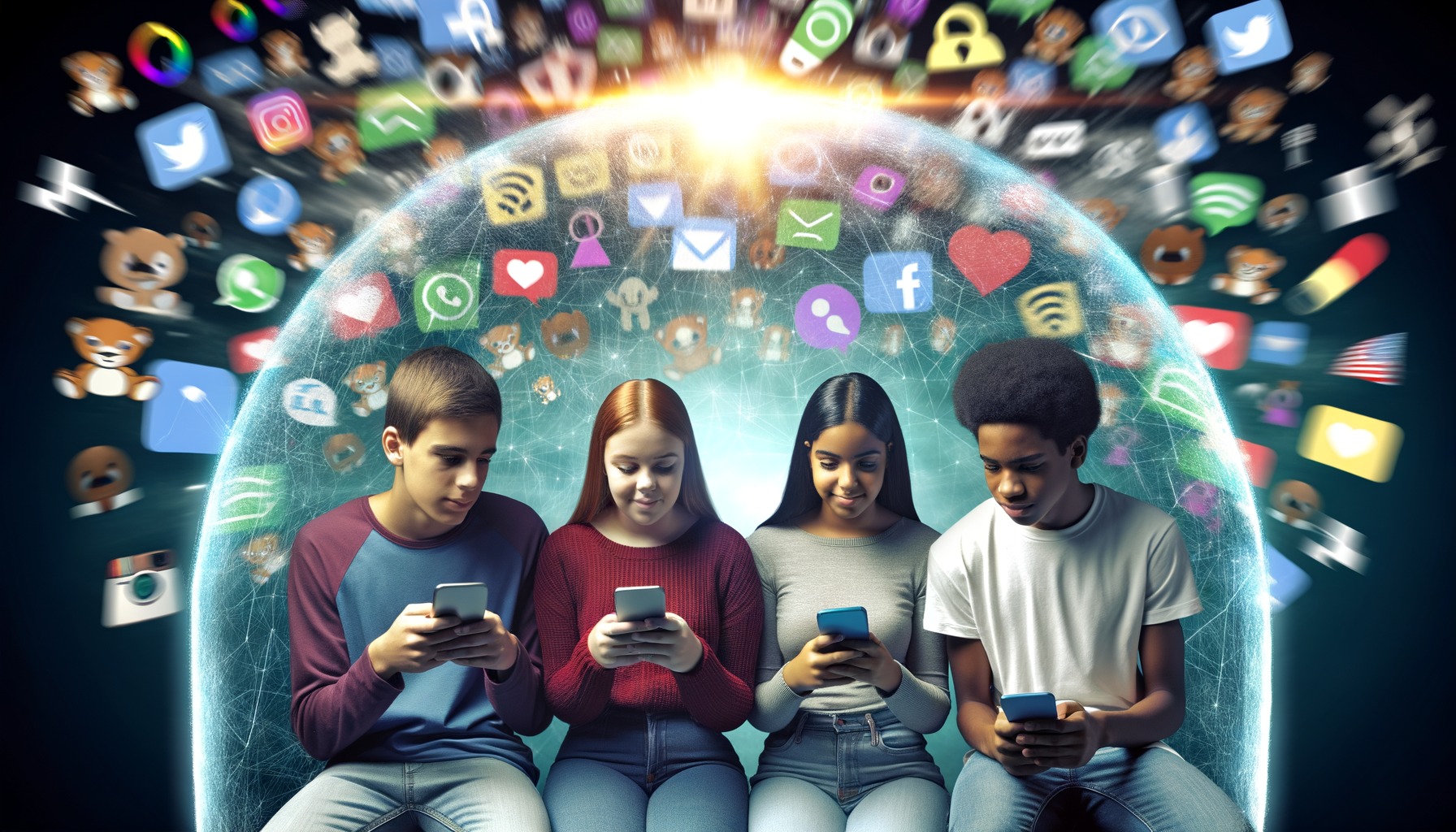A landmark partnership between ALX, Anthropic, and the Government of Rwanda has launched a major AI learning initiative across Africa.
The program introduces ‘Chidi’, an AI-powered learning companion built on Anthropic’s Claude model. Instead of providing direct answers, the system is designed to guide learners through critical thinking and problem-solving, positioning African talent at the centre of global tech innovation.
An initiative, described as one of the largest AI-enhanced education deployments on the continent, that will see Chidi integrated into Rwanda’s public education system. A pilot phase will involve up to 2,000 educators and select civil servants.
According to the partners, the collaboration aims to ensure Africa’s youth become creators of AI technology instead of remaining merely consumers of it.
A three-way collaboration that unites ALX’s training infrastructure, Anthropic’s AI technology, and Rwanda’s progressive digital policy. The working group, the researchers noted, will document insights to inform Rwanda’s national AI policy.
The initiative sets a new standard for inclusive, AI-powered learning, with Rwanda serving as a launch hub for future deployments across the continent.
Would you like to learn more about AI, tech and digital diplomacy? If so, ask our Diplo chatbot!










